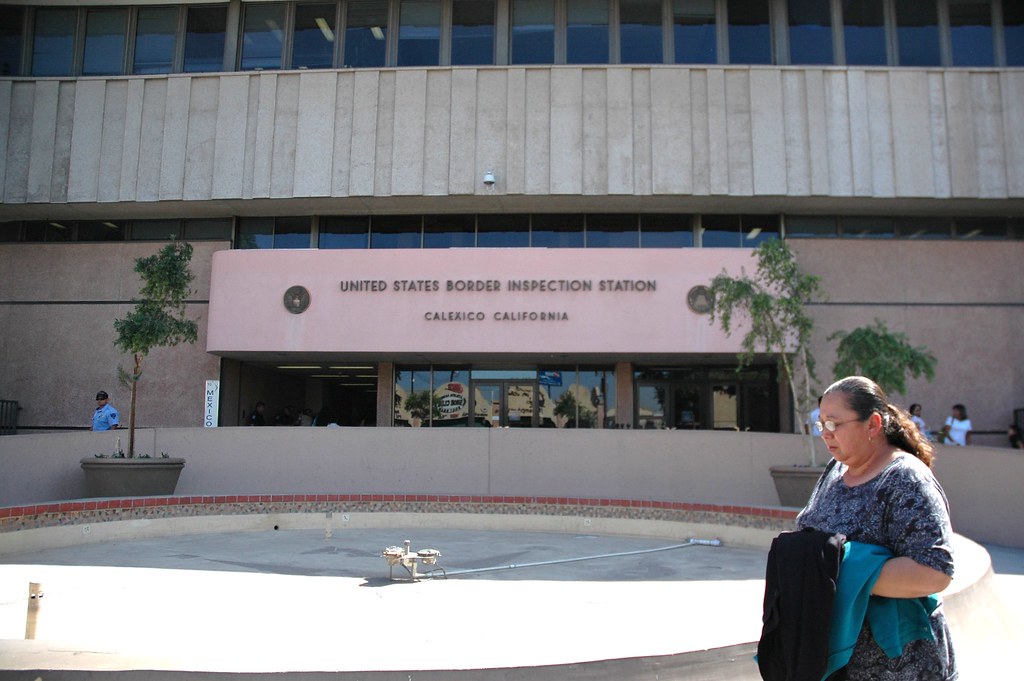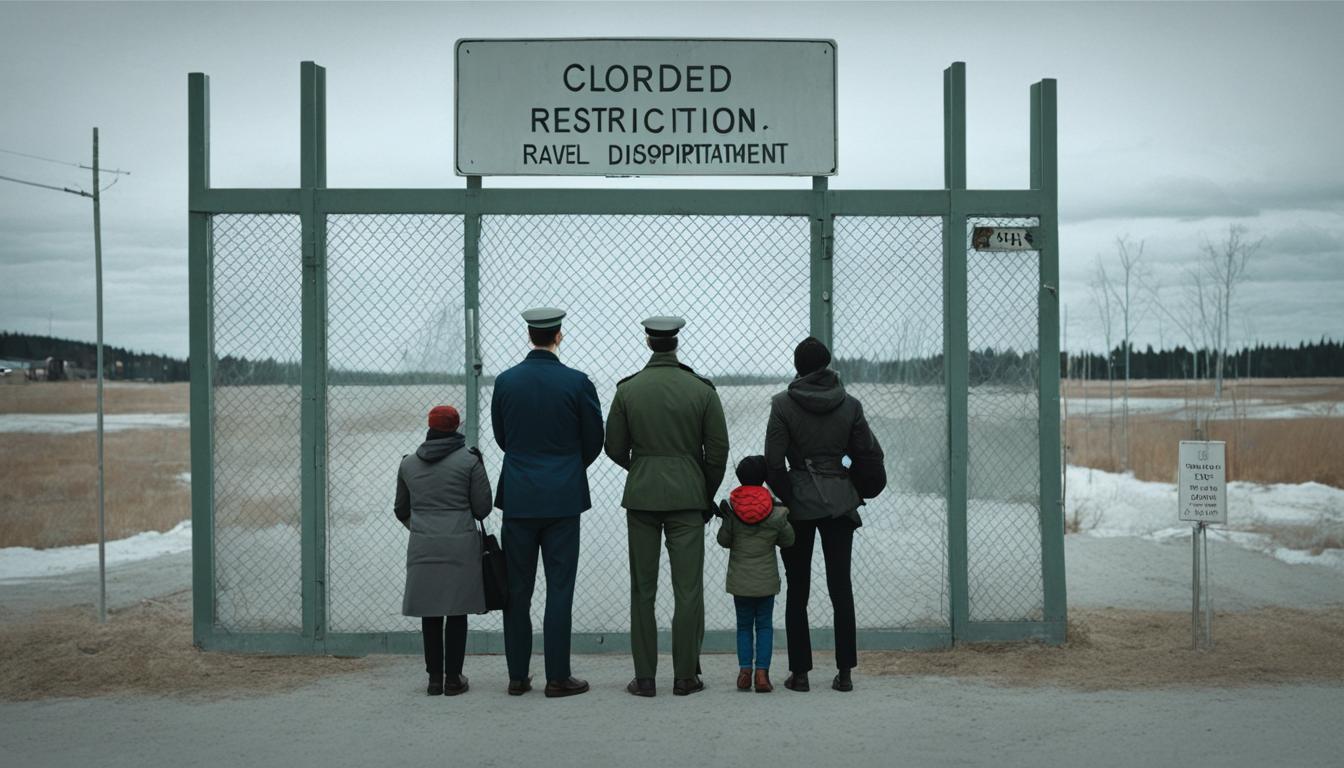As a U.S. citizen, you may assume you have an unconditional right to return to the United States after traveling abroad. However, there are some rare cases where a U.S. citizen can actually be denied entry back into their own country.
While the chances of this happening are extremely low, it’s important to understand the policies and potential risks before traveling outside the United States. This article will cover key things to know about re-entering the U.S. as a citizen.
Background on U.S. Citizen Entry Requirements
In general, U.S. Customs and Border Protection (CBP) cannot deny a citizen entry into the United States. The Immigration and Nationality Act specifies that every U.S. citizen has the right to enter the country.
However, CBP officers do have broad authority to question and search any person seeking admission. They need to establish that you are in fact a U.S. citizen and verify your identity.
To re-enter the country, you’ll go through regular passport control and customs screening. Be prepared to:
- Present a valid, undamaged U.S. passport or alternative proof of citizenship
- Answer questions about your travel and purpose for visiting
- Declare any items you are bringing back into the country
- undergo search of your luggage and person if requested
As long as you cooperate fully and CBP can confirm your citizenship, you will be allowed entry even if you don’t have a passport.
Reasons Entry Could Be Denied
There are a handful of very limited situations where a natural-born or naturalized U.S. citizen could potentially be denied re-entry to the United States:
Invalid or No Proof of Citizenship
To be allowed back into the U.S., you must provide valid proof that you are an American citizen. This is usually an unexpired U.S. passport, but can also include a Consular Report of Birth Abroad or Certificate of Citizenship.
If you don’t have valid citizenship documentation, you may go through additional screening. In very rare cases, you could be denied entry if citizenship cannot be firmly established.
Security Threats
In extreme cases, if CBP believes you pose a serious threat to national security, your entry could be denied. This might happen if you are on a terrorist watch list or wanted for crimes.
Prior Renunciation of Citizenship
If you previously relinquished your U.S. citizenship, whether intentionally or automatically through other actions, your re-entry will be denied. You would need to reapply for citizenship or a visa like any foreign national.
False Claim of Citizenship
Falsely claiming to be a U.S. citizen if questioned by CBP can lead to denied entry as well as civil penalties and deportation.
Appealing a Denial of Entry
If CBP does deny you entry for any reason, you have the right to appeal. The process includes:
- Requesting a hearing with a supervisor or higher ranking CBP officer as soon as possible
- Asking to speak with a U.S. consular officer for assistance if you are traveling on a foreign passport
- Providing additional evidence of your citizenship and identity if available
- Obtaining legal counsel who can represent you in front of an immigration judge
With proper evidence and determination, most U.S. citizens who are initially denied can successfully gain entry after going through the appeals process.
With valid proof of citizenship and following proper procedures, U.S. citizens should have no issues returning home after international travel. But it’s always smart to understand the rules in the unlikely event you are denied entry for any reason.











